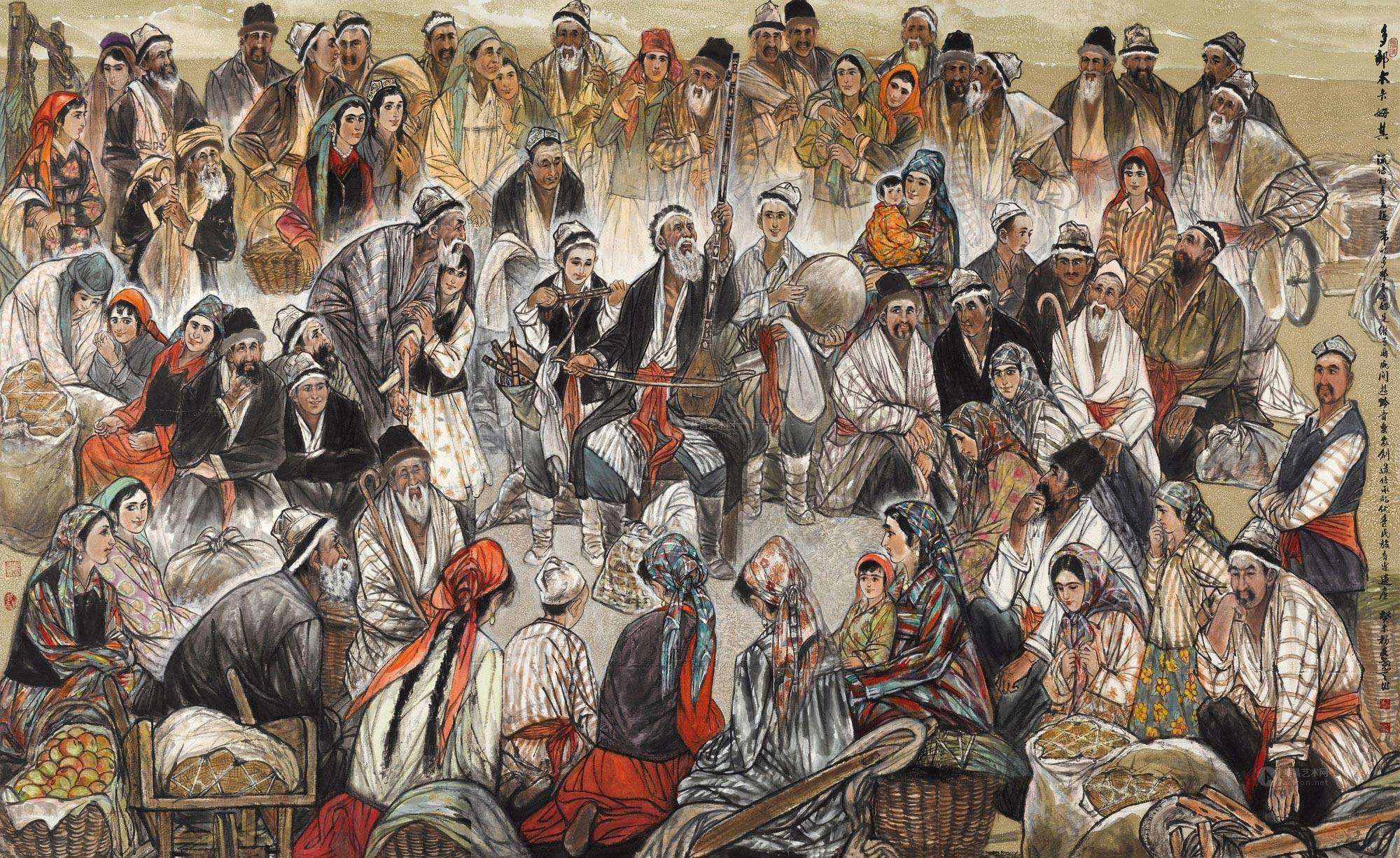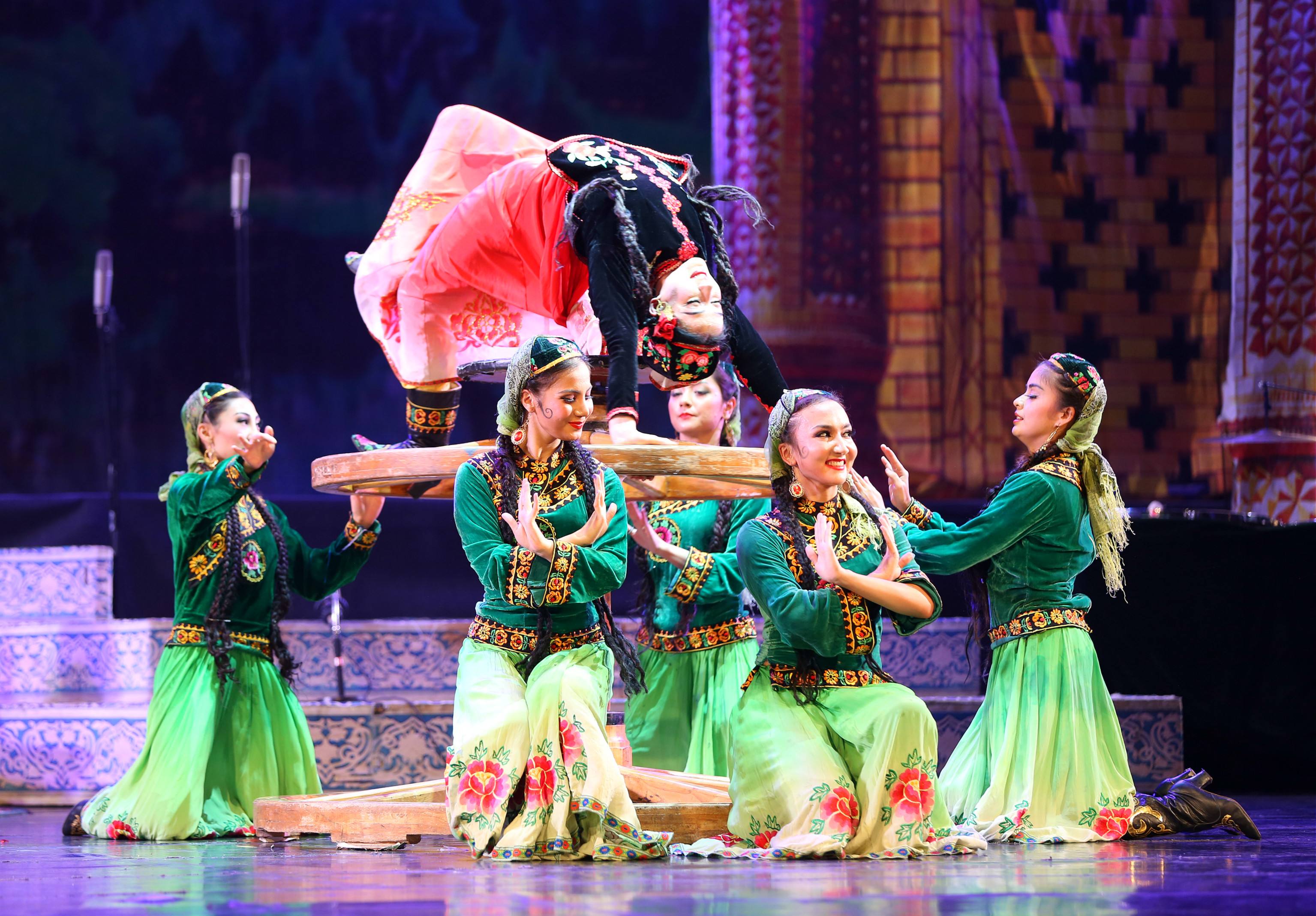As one of the popular destinations in China, Xinjiang is the best place where you can not only enjoy the spectacular natural landscape but also experience the traditional ethnic culture. The charm of Xinjiang's performance and melodies are always too distinctive for travelers to ignore. However, Uygur's Twelve Muqam is a musical showpiece, that testifies to the romantic identity of the ethnic minority people who are mainly inhabiting in the northwest of China.
What is Muqam?
Muqam means divertimento in the modern Uygur language, the performance includes songs, dances, folk and classical music, and so on. A variety of instruments and compelling choreography evolved over centuries, which add vitality to the refined art.

Sing and Dance:
Singing and dancing together is the notable feature of the Uygur Muqam of Xinjiang. The songs vary in rhyme and intensity and are performed solo as well as by groups. The lyrics are sung in the Uygur language and the exotic clothing of the performers makes the Muqam both mysterious and aesthetic.
The dance involves some unique steps, rhythms, and formations. Solo performers also imitate animals in their numbers. It contains so much improvisation that even the same song will have different styles depending on the performers.

What can we learn from Muqam?
In addition, Muqam is one of the best ways to learn the history and contemporary life of the Uygur society. The lyrics contain folk music, proverbs, narratives, and poems written by classical masters of the region, and fall into five main themes: love, lecturing, homesickness, historical epic, and individual life philosophy. The majority are love songs.
The history of Twelve Muqam:
There's also a widely-recognized romantic story behind its development. Abdurashit Khan of the Yarkand kingdom (1533-1560) and his wife Amanni Shahan were both very fond of music and poems and have been credited with collecting, enriching, and preserving the Twelve Muqam.
Other information about Twelve Muqam:
Twelve Muqam consists of twelve sets of large classic compositions. Among them, in every set, there are 20 to 30 compositions. It takes over 20 hours to play the 300 or so melodies in full.
Each of the twelve has a main section that begins with a long free rhythm introduction, followed by pieces with characteristic rhythmic patterns that gradually increase in speed. Without Twelve Muqam, any festival or grand occasion is considered incomplete in Xinjiang.



